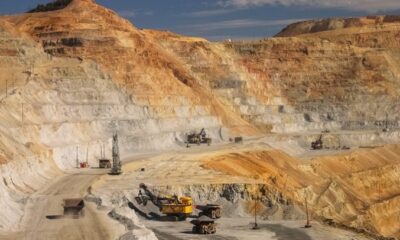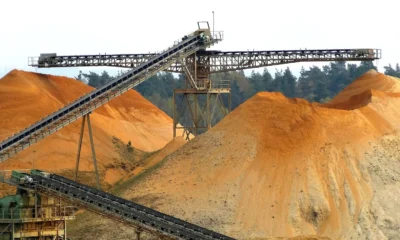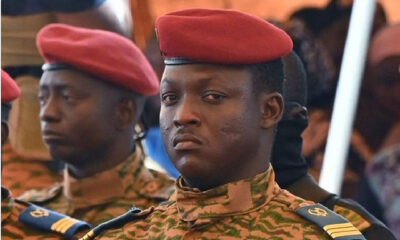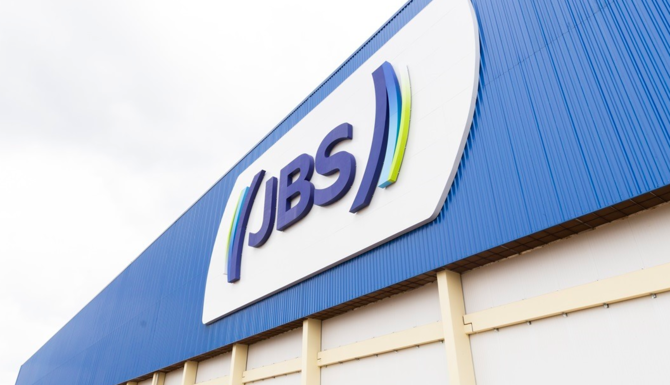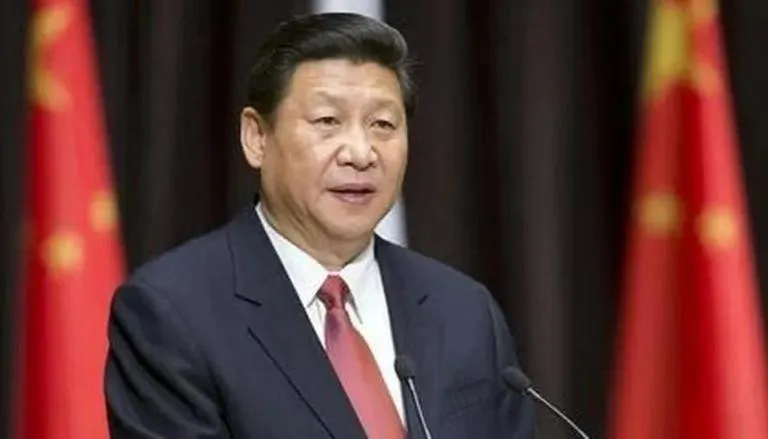The recent military incursion in the political leadership of Burkina Faso has cost it its place as the US has dropped the West African country from its AGOA trade preference programme.
The United States Trade Representative’s (USTR) office said on Sunday the decision was based on deep concerns over “unconstitutional change” in government in the West African country.
Since August 2020, the West Africa sub-region has been rocked by two coups in Mali, one in Guinea, and one in Burkina Faso which had another coup in 2022 to make a count of two coups in eight months.
Burkina Faso’s foreign affairs ministry has maintained its November statement that the timetable for a return to democracy had not changed.
The U.S. African Growth and Opportunity Act (AGOA) provides sub-Saharan African nations with duty-free access to the United States if they meet certain eligibility requirements, such as eliminating barriers to US trade and investment and making progress toward political pluralism.
The USTR’s office said Burkina Faso had failed to meet the requirements of the AGOA statute and would be given “clear benchmarks” for a pathway toward reinstatement to the trade program, adding that Washington would work with the Burkinabe government.
The military administrations in the West African sub-region have characterised by a strained relationship with the international community. Last month, the military junta in Burkina Faso declared the United Nations coordinator in the country, Italian Barbara Manzi, “persona non grata” and “asked to leave the country.”
Burkina’s neighbour Mali, also caught up in a serious security crisis, expelled Olivier Salgado, the spokesman for the United Nations Mission in Mali (Minusma), for publishing “unacceptable information” the day after the arrest of 49 Ivorian soldiers in Bamako.
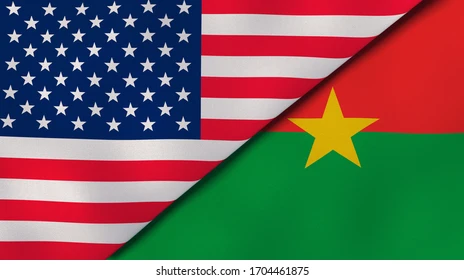

 Politics1 day ago
Politics1 day ago
 Metro1 day ago
Metro1 day ago
 VenturesNow1 day ago
VenturesNow1 day ago
 Musings From Abroad1 day ago
Musings From Abroad1 day ago

